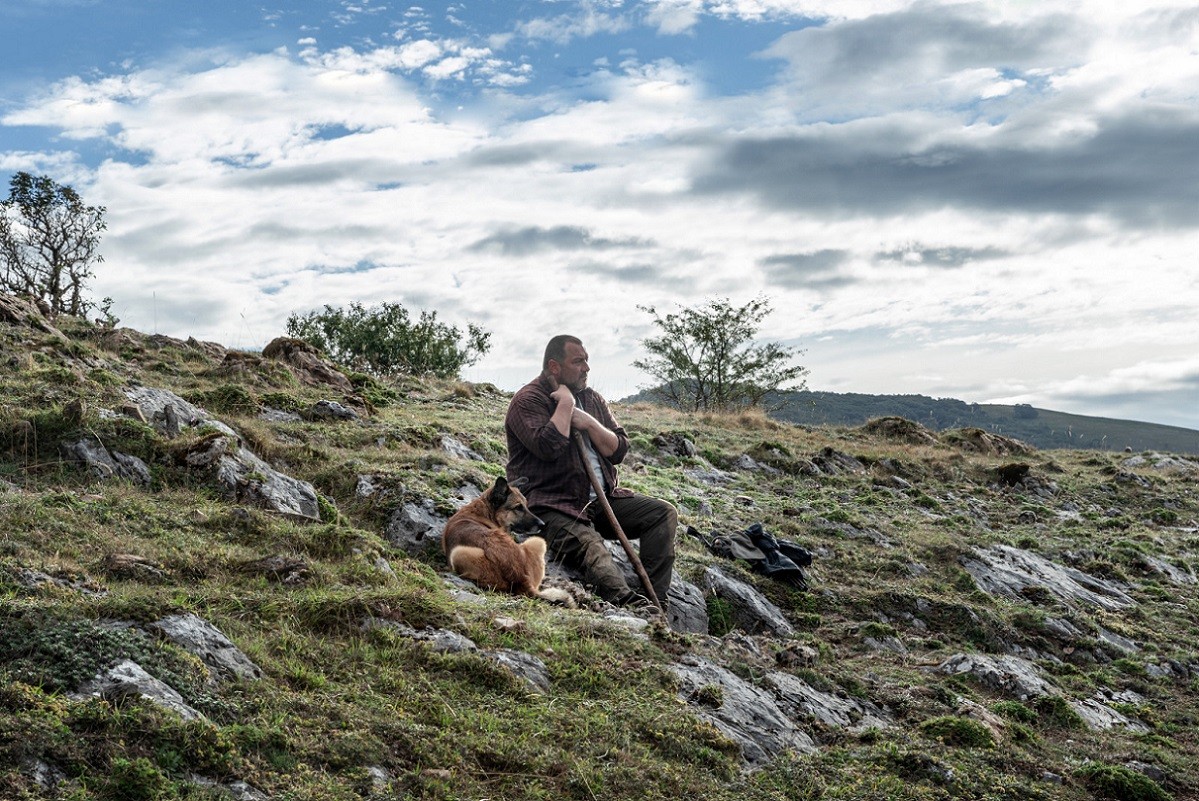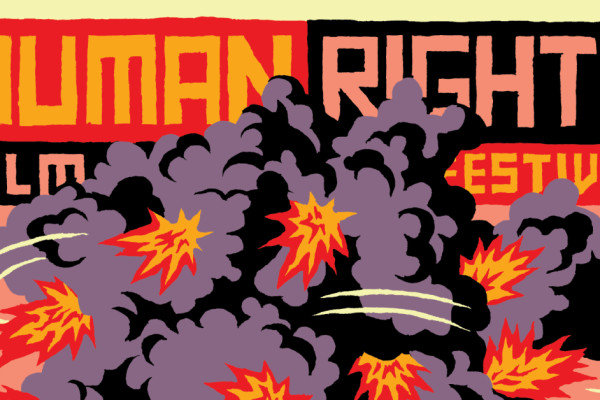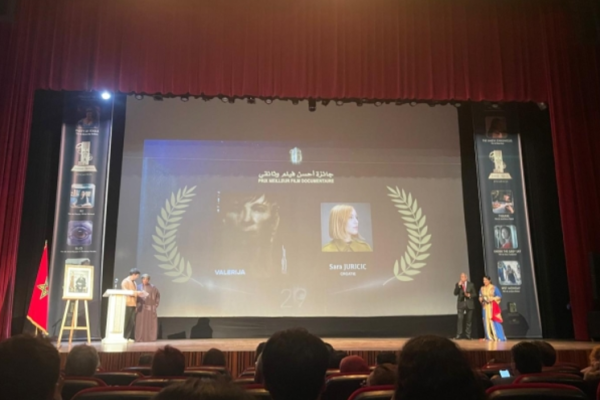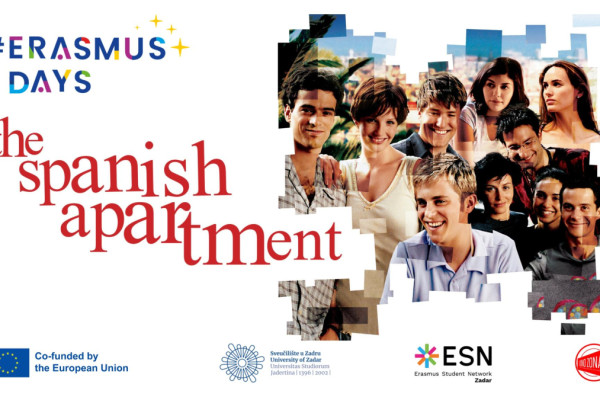We will shorten the wait until the opening of the movie theater with a warm movie recommendation of last year's title, which for many movie lovers may have "slipped under the radar", and it would be a real shame to miss it. Namely, it is about the thriller drama "As Bestas" (in our translation, "Like Beasts") partially inspired by the shocking true events that took place in Galicia in the period from 2010 to 2014.
Antoine (D. Ménochet) and Olga (M. Foïs) are a middle-aged French couple who have decided to continue a new, more mature chapter of their lives in Santoalla, a half-empty village located in the rural part of the Spanish province of Galicia. Having fallen in love with that picturesque area, Antoine and Olga are determined to renovate the dilapidated and abandoned old stone houses in order to revitalize the area they fell in love with unconditionally. In the meantime, they diligently earn bread by selling fruits and vegetables from their own eco-growing.
Their presence might not bother the few remaining locals, but the stubborn and inhospitable brothers Xan (L. Zahera) and Lorenzo (D. Anido) resent them because they don't want to sell their property like the others to a Dutch company that would install modern windmills there. Namely, Xan and Lorenzo want to leave their hometown, considering that there is no future for them there, but Antoine and Olga think the opposite and firmly resist their wish. The strained relationship slowly causes friction that ultimately culminates in a completely irrational act of savagery...
One of the most prominent Spanish directors today, Rodrigo Sorogoyen (you once had the opportunity to see his "Candidate" on our summer stage), found inspiration for his latest film in gruesome true events (the Dutch couple is replaced by a French one here and the motives of the conflict are different ) all in order to highlight the growing global problem of national intolerance, selfishness and pure raw hatred.
We ourselves can almost regularly witness unpleasant news from the overcrowded column of the black chronicle, in which articles are exchanged about conflicts caused by unsettled property and legal relations, family discords burdened by material hardships, but unfortunately also bloody skirmishes that often end fatally.
In one such event, Sorogoyen found a starting point for questioning the concept of humanity in times where an increasing number of people are turning their backs on nature, their homelands, traditional customs and honest work, all at the expense of easy enrichment and trampling on everything that their ancestors fought for decades. Those who decided to choose the right path, in this case foreigners, newcomers, unfortunately did not awaken the lost feelings of belonging and true values with their example to the first-mentioned, but instead became a thorn in their side and a reason for hatred.
Any rational explanation is unacceptable to them because the call of money is seductive even though it ultimately offers no long-term security or comfort. When things don't go according to their plan, they start with open threats, material destruction and psychological terror, but when that's not enough, they erase every border of humanity and turn into beasts. The plot of Sorogoyen's film, in which the seemingly idyllic life of a hard-working married couple slowly turns into hell, is exactly like this.
The director masterfully builds dramaturgical tension and uncertainty and places the viewer in the unenviable position of a powerless observer who can only sympathize with the tragedians of this painful story. The film was of course also marked by fantastic actors led by the always committed and convincing French actor Denis Ménochet (a few years ago we had the opportunity to watch him together in the extraordinary drama "By the Grace of God") in the role of Antoine, a man determined to resist the bigoted brothers, Marina Foïs who portrays his cautious and at first subordinate wife Olga and Luisa Zaher in the role of the diabolical Xan.
Sorogoyen's film has already received accolades in Tokyo and San Sebastián on its festival journey, and it has earned an impressive 17 nominations for the national Goya Award, which will be awarded at the beginning of February.
Written by: Ivica Perinović






